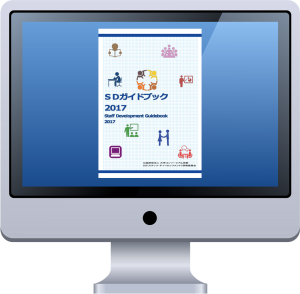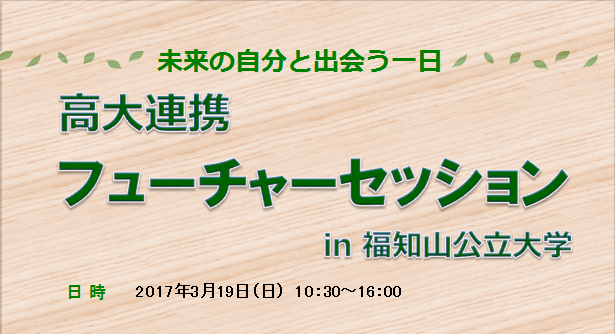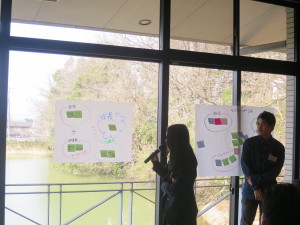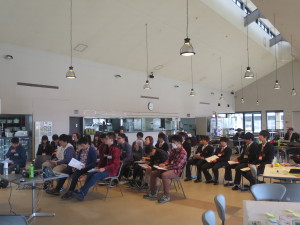Thank you for holding the event
The 15th Kyoto Student Festival 15th Anniversary Project The first pre-event in Ukyo was held on Sunday, June 4th, and thanks to everyone’s support and cooperation, we were able to successfully and grandly finish.
On the day of the event, we were able to carry out all the programs under the refreshing weather typical of June, which is the start of the 15th Kyoto Student Festival.
We would like to express our sincere gratitude to everyone who came to the event and to all those who worked hard in various fields to hold the pre-event.
Event Report
The 15th Kyoto Student Festival was planned with the aim of providing as many students as possible with a place and opportunity to “fully demonstrate the potential of students,” which is the activity philosophy of the Kyoto Student Festival. In particular, this year’s festival aims to realize a “festival in which people can participate proactively” by inviting more students from various fields, including artistic fields such as fashion and art, who have not participated in the festival so far, to participate in the festival, and to contribute to the revitalization of the community by disseminating it as an attraction of Kyoto. By expanding the range of genres in this way, we planned the project with the goal of creating a unique student culture for the festival while increasing the number of collaborators, and eventually becoming the “Four Great Festivals of Kyoto” on a par with the three major festivals in Kyoto.At the 15th Kyoto Student Festival, students themselves became “culture” and learned about Kyoto’s culture under the theme of creating “Kyoto student culture.”
By creating a new culture that adds a student-like character, and connecting it to the main festival of the Kyoto Student Festival (held on October 8), which is the culmination of these efforts, we aim to become a festival that is more rooted in Kyoto and loved by people while demonstrating the student-ness.
The first event, “15th Anniversary Festa in Ukyo feat. Subway Tozai Line 20th Anniversary,” will be held on Sunday, June 4 at Kyoto Gakuen University’s Kyoto Uzumasa Campus.
In addition to the Kyoen merry-go-round, which includes various cultures and holds a 360-degree parade that resembles a merry-go-round, a fashion show by international students in collaboration with the project to commemorate the 150th anniversary of the return of Taisei, and the 20th anniversary of the opening of the Tozai Subway Line.
Mr./Ms. has a lot of project contents that can be enjoyed by everyone from small children to adults, such as a driver experience using a collaborative train simulator.
The University Consortium Kyoto supports the various activities that students carry out on a daily basis, and we will support them so that they can make the most of them at the culmination of the festival (October 8).
The students of the executive committee are also looking forward to seeing you, so please come to the venue.
|
Date & Time |
Sunday, June 4, 2017, 11:00-16:00 |
|
Place: |
Kyoto Gakuen University, Kyoto Uzumasa Campus |
|
Entrance Fees |
free |
|
Organizer |
Kyoto Student Festival Executive Committee |
|
Cooperation |
|
|
Co-organizers |














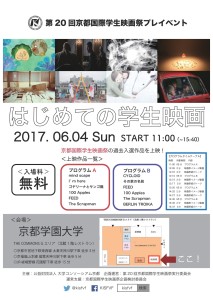
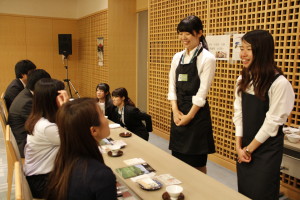
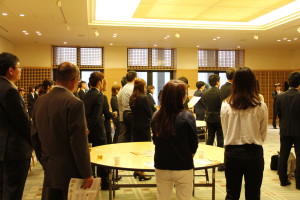
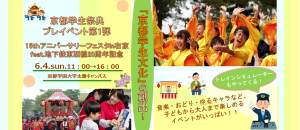
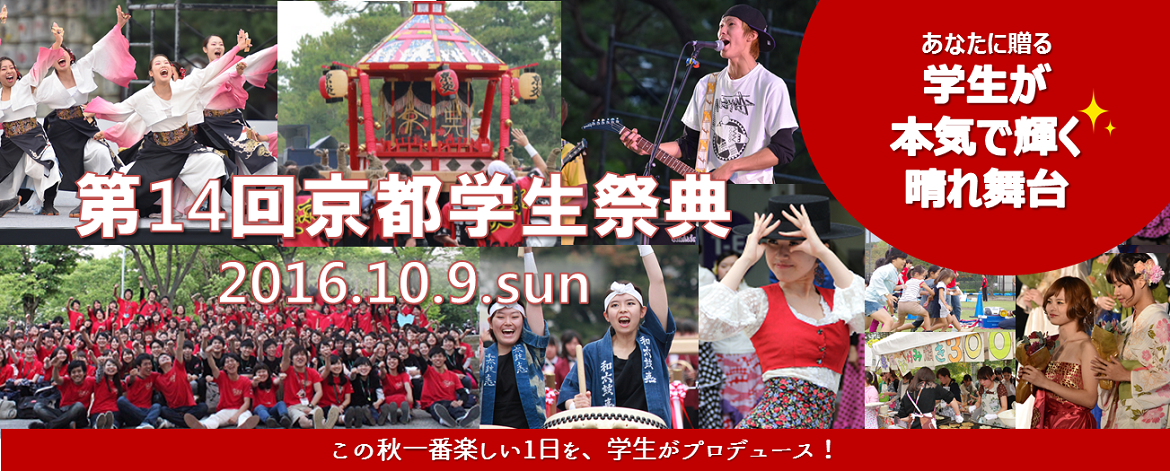


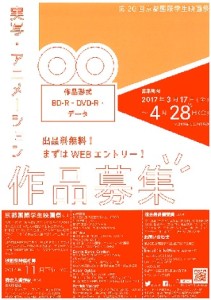
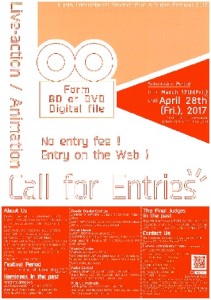
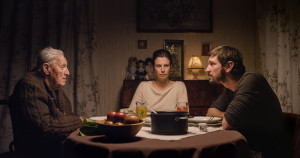

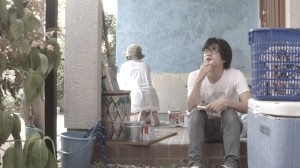


 【https://www.facebook.com/KISFVF】
【https://www.facebook.com/KISFVF】 【@kisfvf】
【@kisfvf】 【https://kisfvf.amebaownd.com/】
【https://kisfvf.amebaownd.com/】